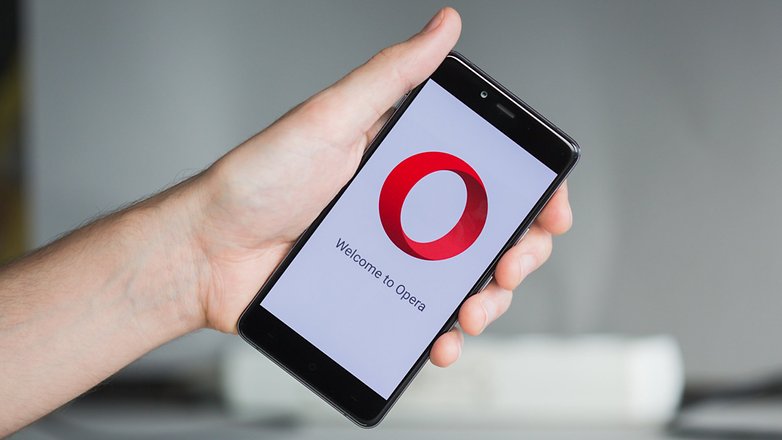Opera has expanded its portfolio of crypto tools with the addition of a built-in Ethereum Web3 API tool. The addition of the tool means that users can now trade in cryptocurrencies using their browsers instead of using multiple tools and apps etc. Opera has currently added support for the said feature in their Android browser exclusively.
Opera’s new tool will enable trade of cryptocurrencies using it alone, i.e. without the help of any other tool. Sending and receiving funds through crypto is meant to be simplified using the new tool. In a blog, Charles Hamel, the crypto lead of Opera said, “We believe the web of today will be the interface to the decentralized web of tomorrow…By becoming the first major browser to open up to Web 3.0, we would like to contribute to making the internet of the future more accessible.”
He further added, “Paying with the Crypto Wallet is like sending digital cash straight from your phone, and we’ve just made it easier.”
To make things simpler, Web 3.0 is a new ecosystem which relies on the blockchain network to support dapps, i.e. decentralized web applications. The app uses Android’s Security Lock to store user credentials, which further simplifies the procedure of exchange using a cryptocurrency. In contrast, users had to write down or alternatively memorize complicated security keys and passphrases. The tool enables users to authenticate sign-ins and transactions using the credentials already stored on the Android system, such as their fingerprint.
Opera has quoted “too many technicalities in current tools” as one of the biggest reasons behind them working on a crypto-wallet within a browser. In the blog, Hamel emphasized how they aim to reduce the technicalities in the procedure using their browser.
He said, “More and more developers are interested in building apps that use cryptocurrencies and want to use decentralized networks for some of their app’s functionality. Unfortunately, there are currently many challenges to reach wider adoption. These barriers range from users’ understanding of new terminologies to difficulties in acquiring cryptocurrency and to complicated installation procedures. People are more likely to adopt new solutions if they are user-friendly and seamless and this is what we are aiming to solve.”











